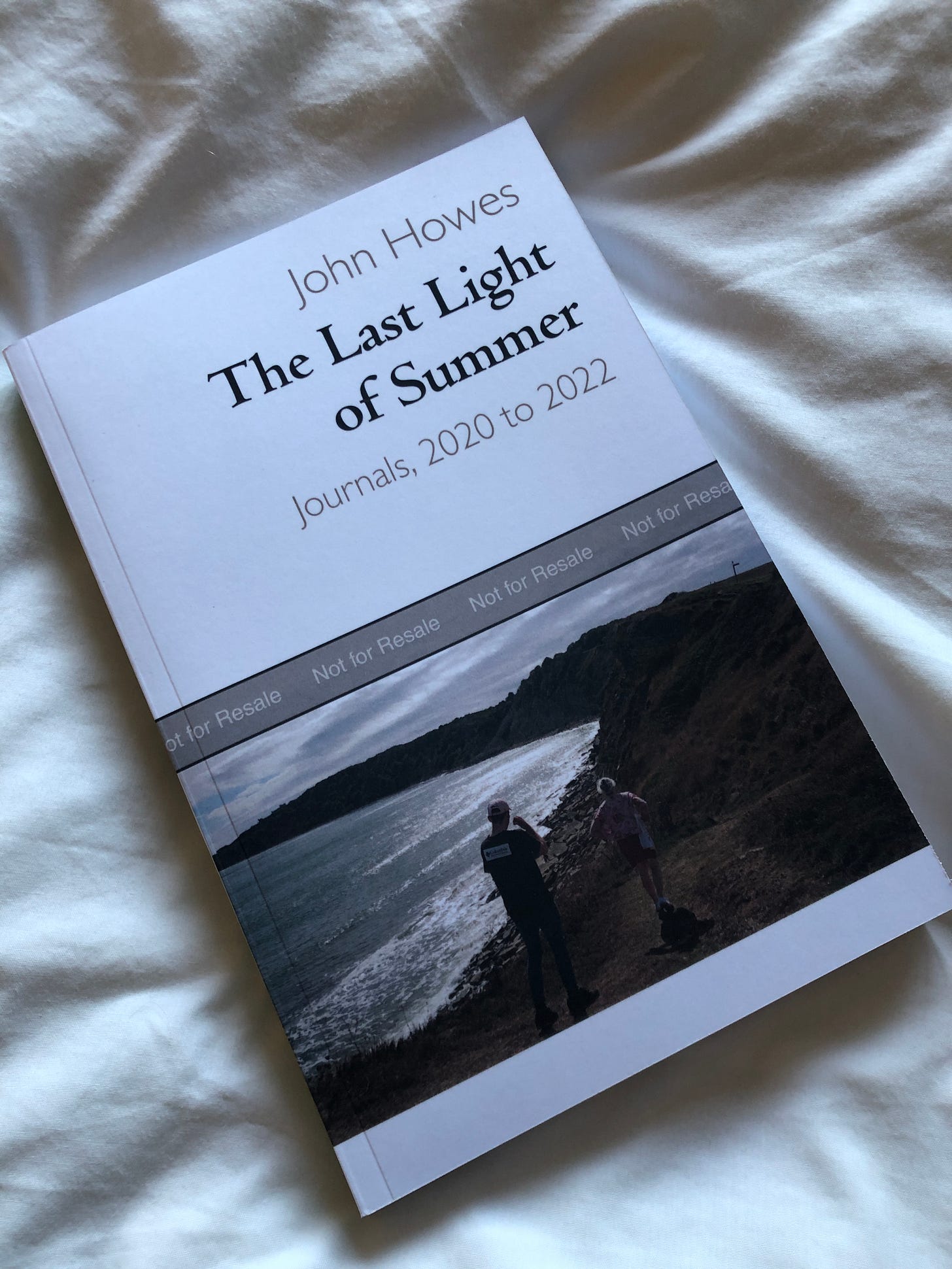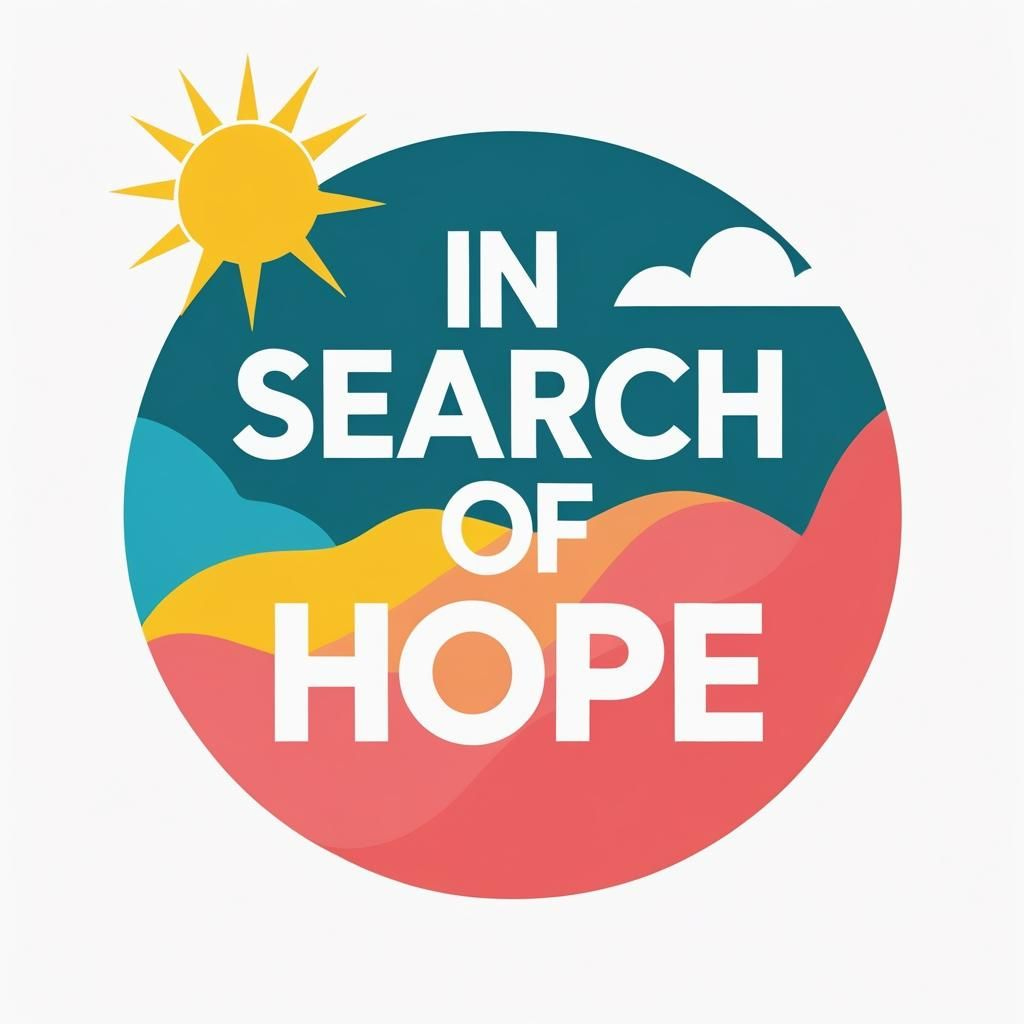I have always written - stories at school, diary entries, and then my job as a newspaper reporter for 25 years. Over the last few years, this has become even more important, so much so that I feel a compulsion to write in my journal every day.
A while back I switched to using a laptop for the journal, and this is how I do it.
At the beginning of each year, I create a document which is almost always open on the laptop. I use a book template, so when I type, it looks like a published work straightaway.
Each chapter is one month and each day is a sub-heading in bold. Then I write, mainly in the present tense. I try to do this every morning and I update it later in the day, if I have time. On the rare occasions that I miss a day, I will pick up on the commentary the following day, but then in the past tense, looking back.
I never, ever, re-write entries and I am always honest. So if I am feeling terrible, either mentally or physically, I just pour out this feeling into the journal. Some of it is not very pleasant and comes across as self-obsessed.Re-reading these sections, it’s possible to see transformations taking place. For instance, time spent with friends in a book club or writing discussion can change my mood from self-centred to concern for others. An hour spent in the swimming pool frequently makes me feel better emotionally and physically.
I write about anything on my mind - family events, political events, comments people have made to me. I write about films I have seen, television series which have made an impact or a concert or show I may have attended. Even if you sit at home and don’t do much, there is still a vast amount to write about. My love of poetry has really come to the fore in the past year and I now include one almost every day in the journal. I choose something which moves or puzzles me, often about the very meaning of life.
These might be poems which I have encountered in a collection I’m reading, or ones featured in someone’s Substack or perhaps on a news site such as The Guardian or The New York Times. If I don’t understand a line, I tell my journal or I look things up.
When the year is complete, I make the journal into a book - but I don’t publish it (yet, anyway). I send for the draft, correct it, and then put it on my study shelf.
Last year, I added a photograph at the beginning of each month, a family highlight such as a new baby or the passing of a loved one. This year, I have done something different. I use a picture almost every day. This could be a new bookshelf in the house, a poster of a film I have watched, a front page of a newspaper, or a picture of a poet. So far, I have 100 pictures in my journal for 2025, which may end up becoming two separate books of six months each.
So what’s the point? I think the writing is therapeutic. It makes me feel better and often puts things in perspective. It is good to re-read and shows the development of my belief and ideas. It is also a useful social record which might be of value to someone in the future. Imagine finding a journal from 100 years ago, telling you exactly what someone was doing and thinking.I don’t have a remarkable life. I have a fortunate one and I am lucky to have friends and family who seem to tolerate me and appreciate me. So the journal is also a tribute to them.
How do you journal? What is the value of your journal? What sort of things do you write in it? I’d be interested to know.







A beautiful account. I’ve taught & practised journal writing for many happy years (years not always “happy”, but the teaching was!). This year Allen & Unwin published my totally updated Creative Journal Writing — some lovely examples as well as heaps of prompts and ideas to develop insight in the most effective possible way. And joy.
John I love this post. Thank you!
I have been keeping an online journal for many years. My mother kept a daily diary for each of her four children - just a few lines each day - until we reached the age of 18.
I refer back to my journal so very often to look up events or to keep track of certain milestones. It’s such a treasure. My niece once commented that our having Dutch Ancestry may be the reason we zealously track our days. The Dutch were prolific record-keepers.
I am grateful to you for posting the process you use to journal with the intent to turn it into a book. My granddaughter, who is our family genealogist - wants me to write a book about my life.
Now, thanks to you, maybe I will.